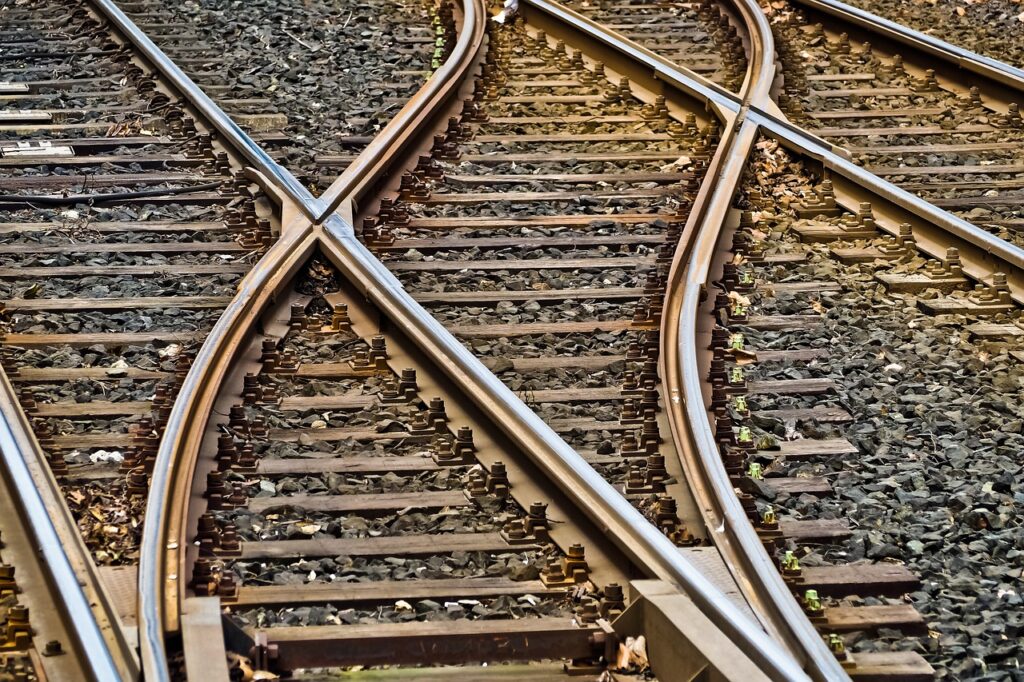The hydrogen train initiative in Frankfurt was envisioned as a revolutionary step towards eco-friendly transportation.
The Rhine-Main Transport Association (RMV) aimed to lead the world with the largest fleet of hydrogen-powered trains, involving an investment of approximately 500 million euros. This fleet was intended to operate on routes without overhead lines, sourced sustainably from Industriepark Höchst.
The French manufacturer Alstom has acknowledged problems with the fuel cells and delays in supplying spare parts. They have announced a modernization program for the hydrogen trains, set to be implemented by 2025. However, this means ongoing disruptions for passengers in the meantime.
The RMV is visibly unhappy with the situation, expressing dissatisfaction with Alstom’s inability to ensure consistent reliability. RMV’s Managing Director, Knut Ringat, has voiced the collective disappointment, as officials like Ulrich Krebs, chairman of the RMV supervisory board, suggest possible consequences if the issues persist.
The lack of a contingency plan highlights the challenges faced by RMV. The market for diesel trains has been exhausted as many commuters have reverted to using personal cars, which not only leads to traffic congestion on the A5 but also contradicts the project’s initial intent of reducing emissions.
